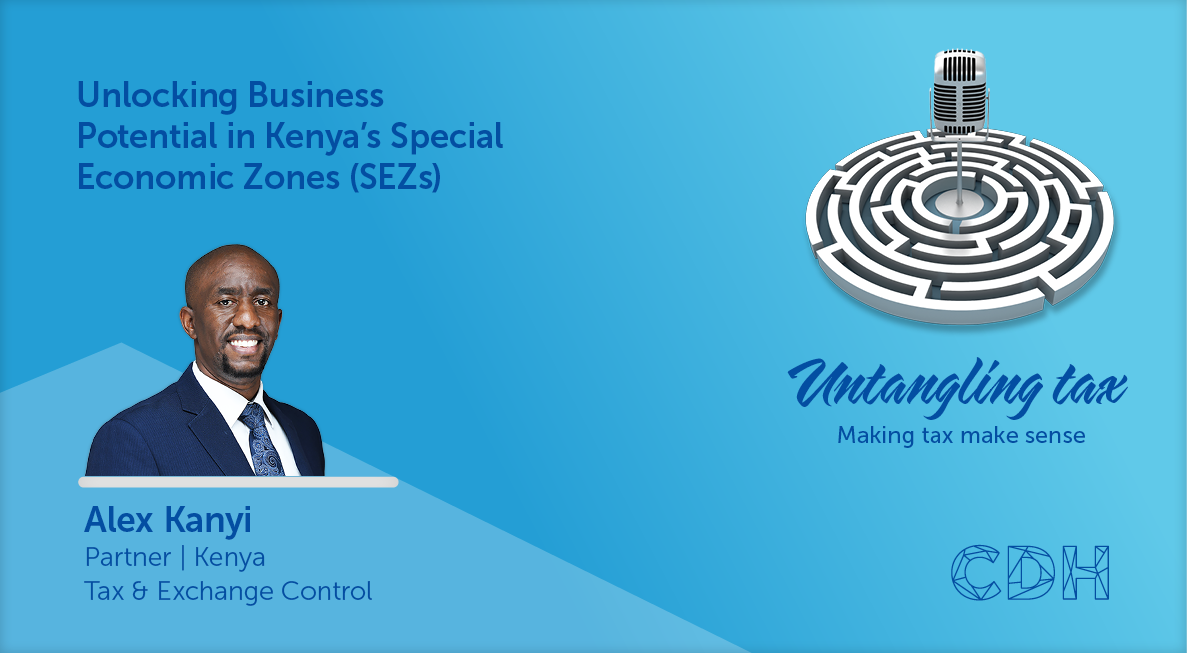You say demotion, I say dismissal
The findings of the Labour Appeal Court (LAC) in Moodley v The Department of National Treasury and Others [2017] 4 BLLR 337 (LAC) affirms the principles established by the Kruger case.
In the Moodley matter, National Treasury employed the employee as director: facilities management. Her duties included procurement. The employee was charged with 11 counts of misconduct including non-compliance with procurement procedures, failure to disclose her interests and the receipt of a gift.
The employee was found guilty of nine of the 11 charges. The chairperson, an independent advocate, imposed a sanction in respect of each charge – and then imposed an overall sanction in respect of all the charges. In respect of five of the nine charges against her, the chairperson imposed a sanction of dismissal.
Strangely, the chairperson’s overall sanction was “dismissal with an alternative of demotion”. This was a competent finding in terms of the department’s employee relations guideline.
Not surprisingly, the employee elected demotion.
Despite the employee’s election, the department informed her that she was dismissed with immediate effect. The employee then referred an unfair dismissal dispute to the bargaining council. No evidence was led at the bargaining council. An agreed bundle was handed in and the matter was argued before the arbitrator. The only issue was the fairness of the sanction. The employee contended that having made her election the department could not substitute the chairperson’s sanction with that of a dismissal. The arbitrator agreed and found that in terms of the Public Services Act the Department could not change the chairperson’s sanction to a harsher one. As a result, the dismissal was unfair. The arbitrator awarded reinstatement and stated that “[t]he sanction of demotion should stand.”
The department took the award on review to the Labour Court. The court found that the arbitrator misconceived the nature of the enquiry and arrived at a decision that fell outside the bounds of reasonableness. The court remitted the matter back for rehearing to the bargaining council to determine whether the dismissal was fair.
The employee appealed to the LAC. The grounds of appeal raised by the employee included that the court had erred in finding that the arbitrator’s award was unreasonable and in finding that the department could change the chairperson’s sanction even though the sanction was not a recommendation.
Referring to the Kruger case, the LAC agreed that an arbitrator is enjoined by law, namely s193(2) of the LRA to determine whether reinstatement is an appropriate remedy. In terms of s193(2) the LC or an arbitrator must reinstate or re-employ an employee where a dismissal is substantively unfair unless the employee does not want to be reinstated, the circumstances surrounding the dismissal are such that a continued employment relationship would be intolerable, or it is not reasonably practicable to do so.
The LAC found that the arbitrator did not apply s193(2) of the LRA and he failed to consider the seriousness of the misconduct and the effect of the misconduct on the workplace. It held that “[t]he arbitrator’s failure to do so, in circumstances where she, or he, was legally obliged to do so, is justifiably criticised as being unreasonable and as a failure to apply his or her mind to the issues”
The LAC agreed with the LC, albeit for different reasons, that the arbitrator’s award was to be set aside and remitted to the bargaining council for rehearing.
Two lessons can be learned from this decision. Firstly, employers must carefully consider who they appoint as disciplinary enquiry chairpersons when outsourcing this function and secondly, an arbitrating commissioner is obliged by law to consider whether reinstatement is an appropriate remedy in the circumstances.
The information and material published on this website is provided for general purposes only and does not constitute legal advice. We make every effort to ensure that the content is updated regularly and to offer the most current and accurate information. Please consult one of our lawyers on any specific legal problem or matter. We accept no responsibility for any loss or damage, whether direct or consequential, which may arise from reliance on the information contained in these pages. Please refer to our full terms and conditions. Copyright © 2026 Cliffe Dekker Hofmeyr. All rights reserved. For permission to reproduce an article or publication, please contact us cliffedekkerhofmeyr@cdhlegal.com.
Subscribe
We support our clients’ strategic and operational needs by offering innovative, integrated and high quality thought leadership. To stay up to date on the latest legal developments that may potentially impact your business, subscribe to our alerts, seminar and webinar invitations.
Subscribe




